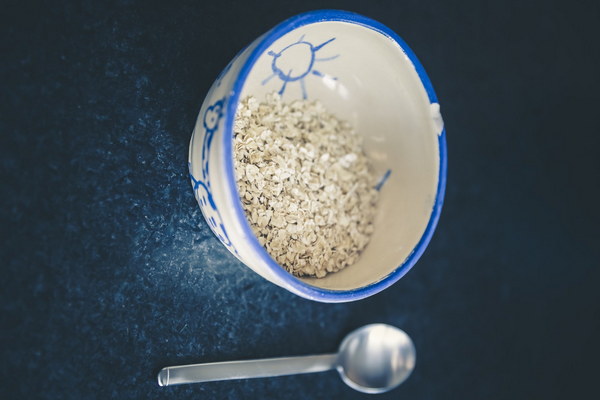Revitalize Your Sleep A Guide to Middle-Aged Insomnia and Dietary Supplements
Introduction:
Insomnia, a common sleep disorder, affects millions of people worldwide, particularly those in middle age. The reasons for this may include stress, lifestyle changes, and health issues. While medication can be effective, many individuals prefer natural remedies such as dietary supplements to improve their sleep quality. This article will discuss various dietary supplements that can help alleviate middle-aged insomnia and promote a restful night's sleep.
1. Valerian Root:
Valerian root is a popular natural remedy for insomnia. It is believed to work by increasing the production of gamma-aminobutyric acid (GABA) in the brain, which is a neurotransmitter that helps regulate sleep. To use valerian root, take 300-500 mg of the extract before bedtime. It is important to note that some individuals may experience mild side effects, such as headaches or dizziness, so it is advisable to start with a lower dose and consult with a healthcare professional.

2. Melatonin:
Melatonin is a hormone that regulates the sleep-wake cycle. It is produced by the pineal gland in the brain and is naturally released in the evening to help signal that it is time to sleep. Taking melatonin supplements can help synchronize the body's internal clock, especially if you have shifted your sleep schedule or have jet lag. The recommended dosage is typically 0.5-5 mg taken 30 minutes before bedtime.
3. L-Theanine:
L-Theanine is an amino acid found in green tea that has been shown to promote relaxation and reduce stress. It is believed to work by increasing levels of GABA in the brain, similar to valerian root. To use L-theanine for insomnia, take 100-200 mg one hour before bedtime. It is generally considered safe, but some individuals may experience mild side effects, such as dizziness or nausea.
4. Magnesium:
Magnesium is an essential mineral that plays a role in over 300 biochemical reactions in the body, including those related to sleep. Magnesium supplements can help improve sleep quality by promoting relaxation and reducing the time it takes to fall asleep. The recommended dosage for insomnia is 200-400 mg taken before bedtime. It is important to note that magnesium can cause gastrointestinal discomfort, so it is best taken with food.
5. Vitamin B6:
Vitamin B6 is involved in the production of melatonin and can help regulate the sleep-wake cycle. Taking vitamin B6 supplements, typically 10-25 mg per day, may help improve sleep quality. It is also important to ensure you are getting adequate vitamin B6 from your diet, as it is found in foods such as bananas, avocados, and nuts.
6. Calcium and Vitamin D:
Calcium and vitamin D work together to promote relaxation and improve sleep quality. Calcium is involved in the regulation of neurotransmitters, while vitamin D helps regulate the body's circadian rhythms. To improve sleep, take 500-1,000 mg of calcium and 400-800 IU of vitamin D daily. It is important to note that excessive calcium intake can cause kidney stones, so it is essential to consult with a healthcare professional before taking high doses.
Conclusion:
Middle-aged insomnia can significantly impact your quality of life. While medication may be necessary for some individuals, dietary supplements can provide a natural alternative to improve sleep quality. By incorporating the right supplements into your routine, you can promote relaxation and restore your sleep cycle. However, it is crucial to consult with a healthcare professional before starting any new supplement regimen to ensure they are safe and appropriate for your specific needs.









